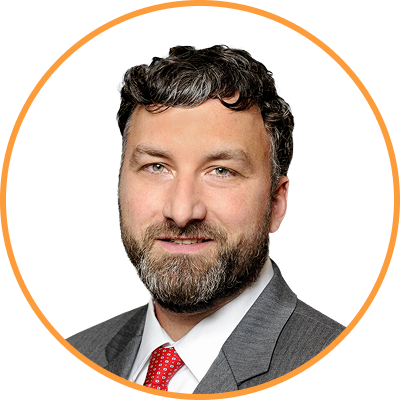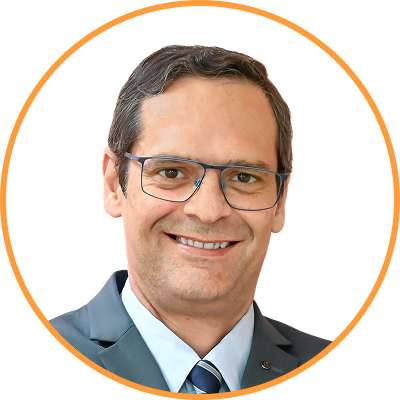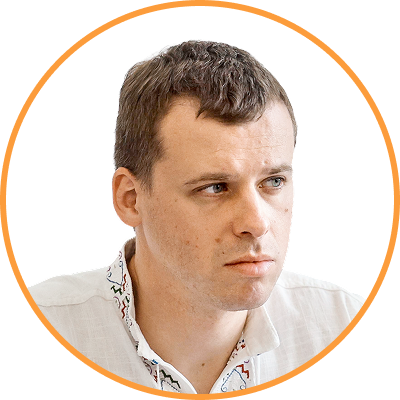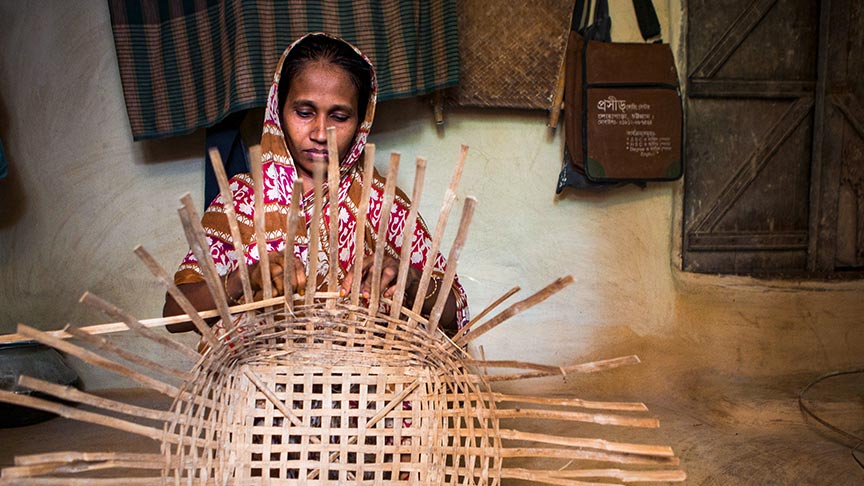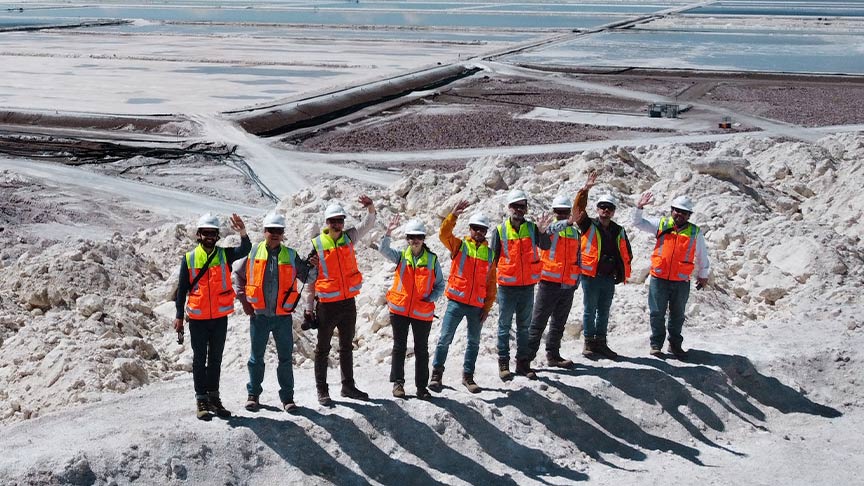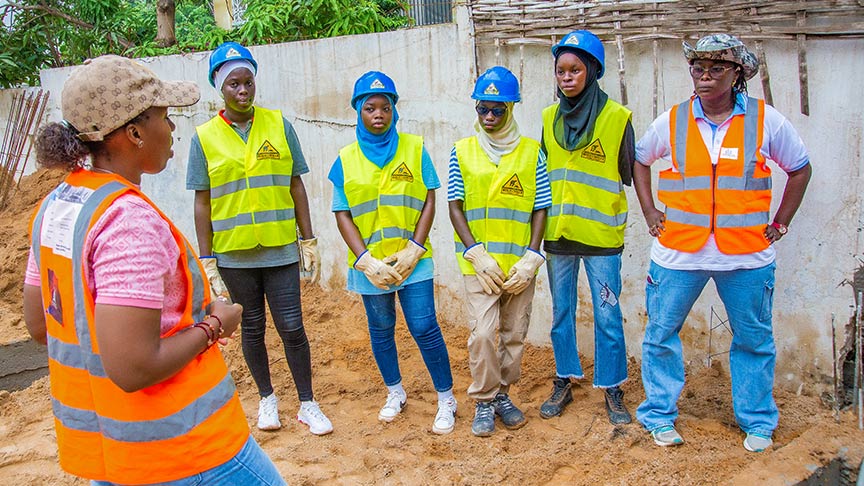We are witnessing a turning point in history with profound geostrategic changes. Established alliances are becoming less relevant and others are coming to the fore. The rules-based international order is coming under increasing pressure. Countries in the Global South play a crucial role here, as key stakeholders in the major issues of the future. Whether the energy transition, climate action, species conservation or peace and security, all of these goals can only be achieved in partnership.
Now more than ever, it is therefore essential that we build partnerships, maintain them and pursue ambitious goals together. GIZ does this at different levels: bilaterally and multilaterally, with the European Union, United Nations, civil society, the scientific and research community, and – to an ever greater extent – the private sector. At the same time, we see ourselves as a service provider dedicated to promoting partnerships between various actors and are therefore in constant communication with organisations and institutions around the globe. Our aim is to pool expertise and use resources efficiently in order to find the best possible solutions to global challenges.





